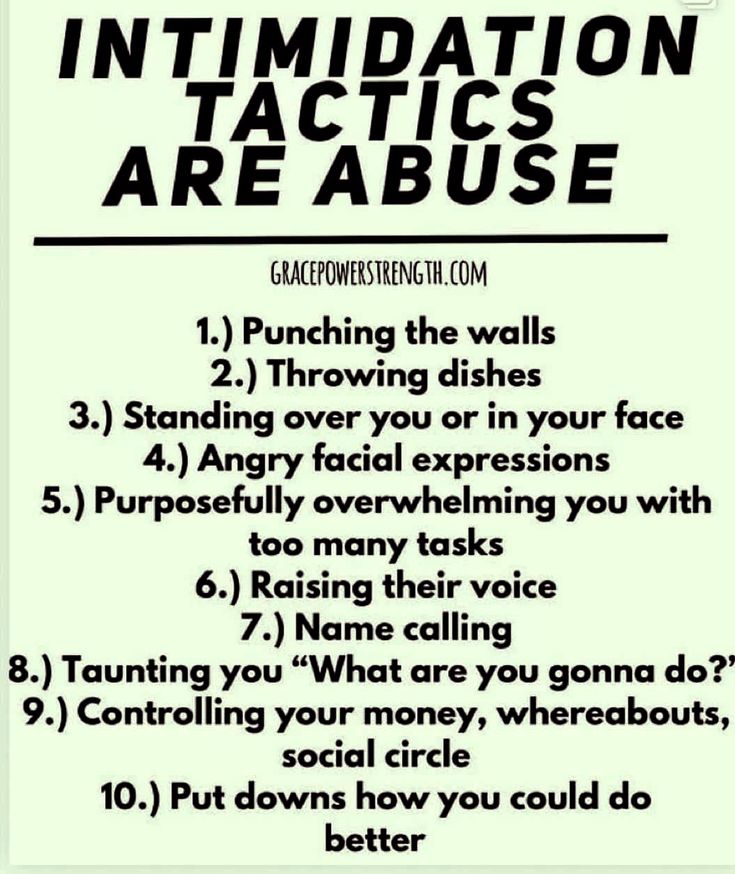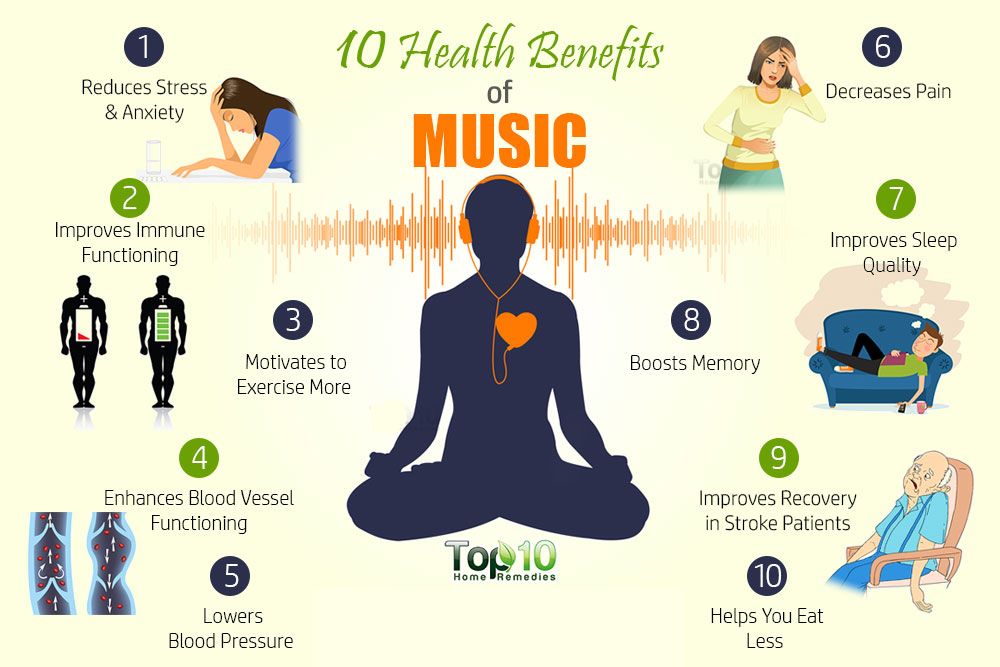Intimate partner rape
About the National Sexual Assault Telephone Hotline
Need help?Call 800.656.HOPE (4673) to be connected with a trained staff member from a sexual assault service provider in your area.
How does it work?
When you call 800.656.HOPE (4673), you’ll be routed to a local RAINN affiliate organization based on the first six digits of your phone number. Cell phone callers have the option to enter the ZIP code of their current location to more accurately locate the nearest sexual assault service provider.
Telephone Hotline Terms of Service
How can the hotline help me?
Calling the National Sexual Assault Hotline gives you access to a range of free services including:
- Confidential support from a trained staff member
- Support finding a local health facility that is trained to care for survivors of sexual assault and offers services like sexual assault forensic exams
- Someone to help you talk through what happened
- Local resources that can assist with your next steps toward healing and recovery
- Referrals for long term support in your area
- Information about the laws in your community
- Basic information about medical concerns
The National Sexual Assault Hotline is a safe, confidential service. When you call the hotline, only the first six numbers of the phone number are used to route the call, and your complete phone number is never stored in our system. Most states do have laws that require local staff to contact authorities in certain situations, like if there is a child or vulnerable adult who is in danger.
While almost all callers are connected directly to a staff member or volunteer at a local sexual assault service provider, a handful of providers use an answering service after daytime business hours. This service helps manage the flow of calls. If all staff members are busy, you may choose to leave a phone number with the answering service. In this case, the number will be confidential and will be given directly to the organization’s staff member for a callback. If you reach an answering service, you can try calling back after some time has passed, or you can choose to call during regular business hours when more staff members are available. You can also access 24/7 help online by visiting online. rainn.org.
rainn.org.
Sexual assault service providers are organizations or agencies dedicated to supporting survivors of sexual assault. The providers who answer calls placed to the hotline are known as RAINN affiliates. To be part of the National Sexual Assault Hotline, affiliates must agree to uphold RAINN’s confidentiality standards. That means:
- Never releasing records or information about the call without the consent of the caller, except when obligated by law
- Only making reports to the police or other agencies when the caller consents, unless obligated by law
- Agreeing to RAINN’s non-discrimination policy
To learn more about how a provider can become an affiliate of the National Sexual Assault Hotline, visit the Sexual Assault Service Provider information page. Volunteer opportunities for the National Sexual Assault Hotline are coordinated through these local providers. Search for volunteer opportunities near you.
The National Sexual Assault Hotline was the nation’s first decentralized hotline, connecting those in need with help in their local communities. It’s made up of a network of independent sexual assault service providers, vetted by RAINN, who answer calls to a single, nationwide hotline number. Since it was first created in 1994, the National Sexual Assault Hotline (800.656.HOPE and online.rainn.org) has helped more than 3 million people affected by sexual violence.
Before the telephone hotline was created, there was no central place where survivors could get help. Local sexual assault services providers were well equipped to handle support services, but the lack of a national hotline meant the issue did not receive as much attention as it should. In response, RAINN developed a unique national hotline system to combine all the advantages of a national organization with all the abilities and expertise of local programs. One nationwide hotline number makes it easier for survivors to be connected with the help they deserve.
One nationwide hotline number makes it easier for survivors to be connected with the help they deserve.
Anyone affected by sexual assault, whether it happened to you or someone you care about, can find support on the National Sexual Assault Hotline. You can also visit online.rainn.org to receive support via confidential online chat.
Types of Sexual Violence | RAINN
Donate Donate Monthly Honor Someone Give to a Fundraiser Shop for RAINN Plan Your Legacy Donor-Advised Fund Donate Stock Workplace Giving Combined Federal Campaign Corporate Partnerships Take Political Action Volunteer Spread the Word on Social Media Start a Fundraiser Student Activism Tell Your Story Join the Speakers Bureau Request a Speaker Intern at RAINN Work at RAINN Sign-up for News & Alerts
Sexual assault can take many different forms and be defined in different ways, but one thing remains the same: it’s never the victim’s fault.
Read More
When a perpetrator intentionally harms a minor physically, psychologically, sexually, or by acts of neglect, the crime is known as child abuse.
Read More
Men and boys who have been sexually assaulted or abused may also face some additional challenges because of social attitudes and stereotypes about men and masculinity.
Read More
A perpetrator can have any relationship to a victim, and that includes the role of an intimate partner.
Read More
Regardless of how the law defines incest, unwanted sexual contact from a family member can have a lasting effect on the survivor.
Read More
In cases of drug-facilitated sexual assault, survivors often blame themselves. Remember—you are not to blame. You are the only one allowed to make choices for your body. Using drugs or alcohol is never an excuse for assault and does not mean that it was your fault.
Read More
- Sexual Harassment - You should be able to feel comfortable in your place of work or learning. If you are being sexually harassed, you can report it to the authorities at your job, school, or local law enforcement.
- Stalking - Learn more about stalking behaviors to help you notice them before they escalate—and take steps to protect yourself.
- Adult Survivors of Child Sexual Abuse - Many perpetrators of sexual abuse are in a position of trust or responsible for the child’s care, such as a family member, teacher, clergy member, coach, or other children such as older siblings.

- Using Technology to Hurt Others - Some people use technology, such as digital photos, videos, apps, and social media, to engage in harassing, unsolicited, or non-consensual sexual interactions.
- Sexual Abuse by Medical Professionals - When you go to the doctor, dentist, hospital or physical therapist, or see other medical professionals, you trust them to treat you with respect as they care for your health.
- Sexual Exploitation by Helping Professionals - Sexual exploitation by a helping professional is a serious violation of your trust and, in many cases, the law.
- Multiple-Perpetrator Sexual Assault - Multiple-perpetrator sexual assault, sometimes called gang rape, occurs when two or more perpetrators act together to sexually assault the same victim.
- Elder Abuse - As the number of older adults in America increases, it will become all the more important to be aware of the warning signs of elder abuse.

- Sexual Abuse of People with Disabilities - Consent is crucial when any person engages in sexual activity, but it plays an even bigger, and more complicated role when someone has a disability.
- Prisoner Rape - If you’re an inmate, a former inmate, or know an inmate who survived sexual assault while in prison, there are resources available to you.
- Military Sexual Trauma - Military Sexual Trauma, or MST, is the term used by the Department of Veteran Affairs to describe the effects of sexual violence experienced by a military Service member.
- Legal Role of Consent - The legal definitions for terms like rape, sexual assault, and sexual abuse vary from state to state. Consent often plays an important role in determining whether an act is legally considered a crime.
RAINN has given me the courage and strength to stand up for what is right. Julianna, survivor
Free.
 Confidential. 24/7.
Get Help
Confidential. 24/7.
Get Help88¢ of every $1 goes to helping survivors and preventing sexual violence.
Donate NowLarge new UN study paints gruesome picture of violence against women
Women
“Monstrous” called the head of WHO the picture that the new, most complete and profound report on violence against women paints. A third of all women and girls have experienced physical or sexual violence at least once in their lives, the vast majority by an intimate partner. The report prepared by the World Health Organization and UN Women presents data for the period 2000-2018, but as we know, with the onset of the COVID-19 pandemicGender-based violence has skyrocketed.
The authors of the report emphasize that gender-based violence exists in all countries, in all cultures, on all continents. The highest level of violence against women aged 15-49 is in sub-Saharan Africa, South Asia and Oceania (33%-51%). In the Americas, 25% of women experience violence, in Australia and New Zealand - 23%, in Europe - from 16% to 23%. Moreover, in Western Europe this figure is 21%, in Eastern Europe - 20% and in Central Asia - 18%.
The highest level of violence against women aged 15-49 is in sub-Saharan Africa, South Asia and Oceania (33%-51%). In the Americas, 25% of women experience violence, in Australia and New Zealand - 23%, in Europe - from 16% to 23%. Moreover, in Western Europe this figure is 21%, in Eastern Europe - 20% and in Central Asia - 18%.
Very young girls and girls are subjected to violence: according to the report, almost a quarter of girls aged 15-19 who are in a relationship have experienced physical or sexual violence from a partner. But at this age, ideas are laid about what a healthy relationship should be.
Violence against women, unlike COVID-19, cannot be stopped with a vaccine
Violence takes a toll on women's physical, mental, reproductive and sexual health. Trauma, depression, anxiety disorders, unwanted pregnancies, sexually transmitted infections, HIV and many other consequences of gender-based violence can affect a lifetime.
Tweet URL
Risk factors leading to sexual abuse: •belief in family honor and sexual purity; •ideology of male dominance in sexual relationships; •weak legal sanctions for sexual abuse. pic.twitter.com/vsLPlP4Nzw
UN News Service
UN_News_RU
Moreover, in the overwhelming majority of cases, violence is committed by a man close to a woman - a husband or partner. And 6 percent of women report that someone else was the abuser. But experts are convinced that the real figure is much higher - out of a sense of shame, women are much less likely to report such cases.
“It is extremely worrying that not only is the prevalence of violence against women not decreasing, but that girls between the ages of 15 and 24 who can be mothers are the hardest hit,” says UN Women Executive Director Phumzile Mlambo Ngkuka . – This situation existed even before the pandemic with its quarantine measures. But we know that the multiple impacts of COVID-19 have led to a “shadow pandemic” of violence against women and girls in many forms.”
– This situation existed even before the pandemic with its quarantine measures. But we know that the multiple impacts of COVID-19 have led to a “shadow pandemic” of violence against women and girls in many forms.”
“Violence against women, unlike COVID-19, cannot be stopped with a vaccine,” said WHO Director-General Dr Tedros Ghebreyesus. Eliminating the phenomenon, he says, requires deliberate, sustained efforts by governments, communities and individuals to change attitudes about violence against women, expand support services, open up new opportunities for women and girls, and promote respectful relationships.
“In order to solve the problem of violence against women, we must first eliminate the stigma associated with it, teach doctors to treat victims humanely and destroy the foundations of gender inequality,” said Dr Claudia Moreno from WHO.
- violence against women
- pandemic
- coronavirus
- COVID-19
- Women's rights
- Sexual violence
- WHO
- UN Women
There is no room for ambiguity when it comes to consent
Originally posted on Medium. com/@UN_Women
com/@UN_Women
“They didn’t say no”…
“We were drunk”… 5 she asked for it because of the way she was dressed” …
“You should be more assertive.”
We have heard these phrases before. People use them in an attempt to blur the boundaries of sexual consent, to blame victims, and to absolve perpetrators of the crimes they have committed.
While those who use such phrases may have a vague understanding of agreement, the meaning of the word is crystal clear. When it comes to consent, there is no room for ambiguities .
Here's what we mean by consent:
What does consent look and sound like?
Motivated
Consent is born from motivation. Don't expect a clear denial, but rather make sure there is clear, active consent.
If your partner agrees but seems worried or unsure, this is not consent.
"No", "I don't know" and silence not are consent.
Freely expressed
Consent must be given without pressure. You cannot trick, coerce, or threaten someone into saying yes. A person cannot give consent if they are unconscious or in an altered state of consciousness, such as being under the influence of alcohol or drugs.
Informed and informed
You can only agree to something if you have all the facts. For example, if a partner says they will use contraception during sex but doesn't, it's not consensual sex.
Consent cannot be free and complete if all parties involved are under the age of majority. Thus, child marriage is coercion.
“Marrying at such a young age is the hardest thing any girl can go through. When you force a girl into marriage, you give the man the right to rape her every day,” said Jaha Doukure, Regional Goodwill Ambassador for UN Women Africa.
As a victim of female genital mutilation and forced marriage at the age of 15, Ms. Doucouré knows firsthand how harmful practices and other forms of coercion rob young girls of their health and independence. Read her interview.
Read her interview.
Selective
Consent provides for selectivity.
You have the right to agree to one thing while refusing another. You may agree to kissing or touching today, but refuse them tomorrow. What you agree to is up to you, and you have the right to change it.
Reversible
Consent can be withdrawn. You can change your mind at any time. Consent is important even among couples who have previously had sex.
In most cases, the perpetrators of sexual assault are not strangers in dark alleys. Often sexual assaults are perpetrated by an acquaintance of the victim or even a romantic partner.
Some national studies indicate that up to 70% of women experience physical and/or sexual violence from an intimate partner.
Eliminating violence against women involves obtaining consent in all situations, including marriage and long-term relationships.
Why is consent important?
Different people have different boundaries, and everyone has the right to respect those boundaries.
Use consent to create a safe sexual space.
More importantly, lack of consent can lead to domestic violence, rape or sexual assault, offenses punishable by law.
Dina Smailova is an active participant in the women's rights movement in Kazakhstan. At 20, she was raped by a group of classmates. When her family found out about this, Dina was sent to live on the outskirts of the city, as she became a disgrace to the family.
The stigmatization of rape victims and the practice of blaming the victims themselves has tangible detrimental effects on survivors. Smailova recalls: “For 25 years my rape remained a secret. For 25 years, I trembled silently every time I heard about a rape; I lost contact with relatives and close friends and resented my mother for turning her back on me.”
After years of psychological counseling, Smailova spoke publicly about her rape on Facebook and received thousands of replies from women who had also been harassed, raped or beaten.
Inspired by this newfound solidarity, Smailova launched the NeMolchi (Don't Be Silent) movement in Kazakhstan. Since then, she has advised, referred and supported 200 women survivors of violence and helped win seven sexual assault cases in 2017.
Dina Smailova. Photo: Almat Mukhamedzhanov
Smailova's story highlights the importance of fighting for justice in case of violation of consent. Holding the perpetrators accountable signals that the need for consent is non-negotiable.
How can we create a culture of motivated consent?
Creating a culture of acceptance requires all of us to consciously change the way we interact with others.
Children need to be taught the importance of consent from an early age. It is an integral part of comprehensive sexuality education, allowing people to learn about their rights.
One way to break down taboos on the subject of consent is to create safe and interactive spaces for conversation.
In 2015, a young Thai activist, Vipaphan Wongsavang, launched a project called "Thaiconsent" that creates a space for men and women to talk about sexual encounters. The campaign encouraged people to distinguish between "consensual sex" and "unwanted sexual relations" and sparked serious and important conversations among thousands of people.
Nana Vipaphan Wongsavang. Photo: Prachaya Petisweet
Wongsavang started the project after an acquaintance tried to rape her. She later learned that about ten of her friends were victims of rape by acquaintances. “I found this unacceptable. At the time, Thai society had the term 'rape culture' but lacked the notion that rape is not always accompanied by bodily injury or cries for help, but leaves emotional and psychological scars," she shared.
According to Wongsavang, there needs to be a united front against the idea that there may be ambiguity or fuzzy boundaries on the issue of consent. “Only when all Thais know that they have the right to say yes or no to sex, and the line between yes and no is clearly observed, will our job be done,” she said.














